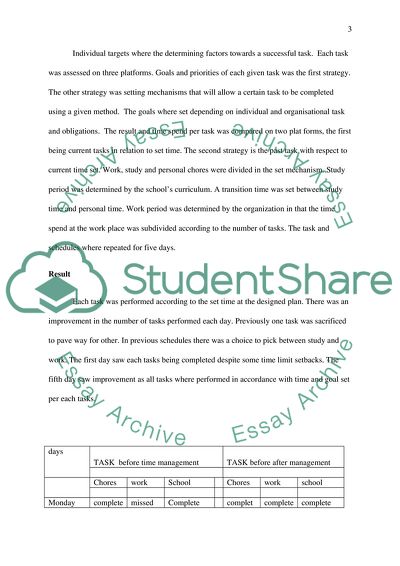Cite this document
(Time Management Report Example | Topics and Well Written Essays - 1500 words, n.d.)
Time Management Report Example | Topics and Well Written Essays - 1500 words. https://studentshare.org/psychology/1816562-what-changes-human-behaviour-chosen-topic-time-management
Time Management Report Example | Topics and Well Written Essays - 1500 words. https://studentshare.org/psychology/1816562-what-changes-human-behaviour-chosen-topic-time-management
(Time Management Report Example | Topics and Well Written Essays - 1500 Words)
Time Management Report Example | Topics and Well Written Essays - 1500 Words. https://studentshare.org/psychology/1816562-what-changes-human-behaviour-chosen-topic-time-management.
Time Management Report Example | Topics and Well Written Essays - 1500 Words. https://studentshare.org/psychology/1816562-what-changes-human-behaviour-chosen-topic-time-management.
“Time Management Report Example | Topics and Well Written Essays - 1500 Words”. https://studentshare.org/psychology/1816562-what-changes-human-behaviour-chosen-topic-time-management.


